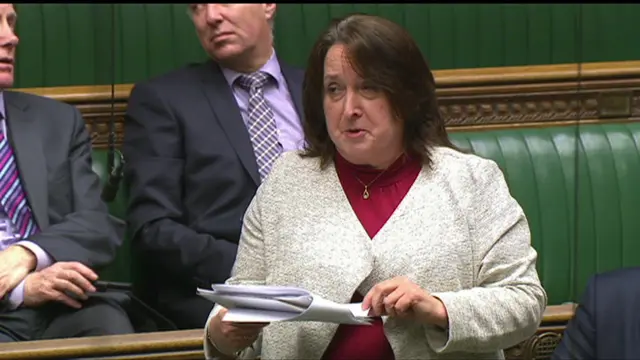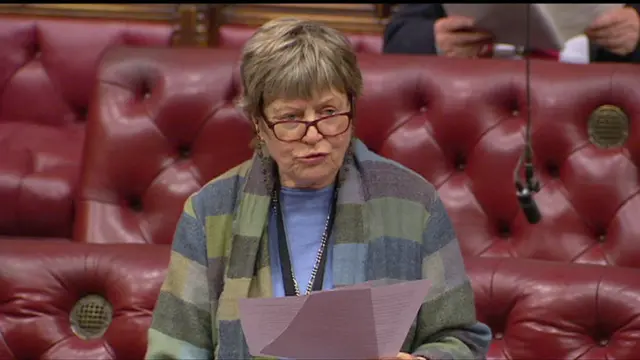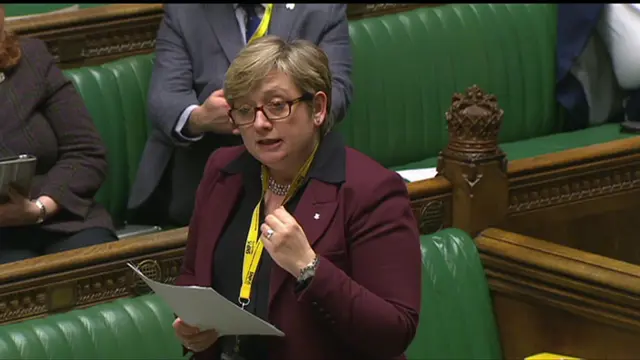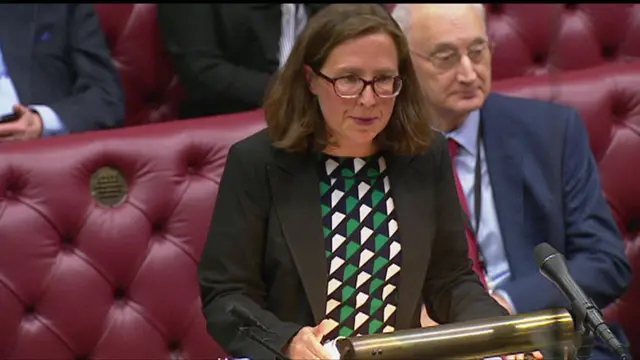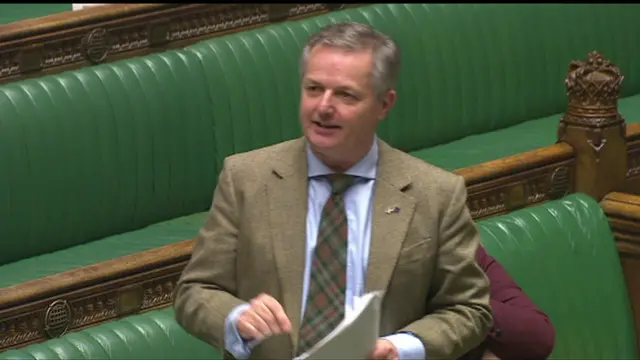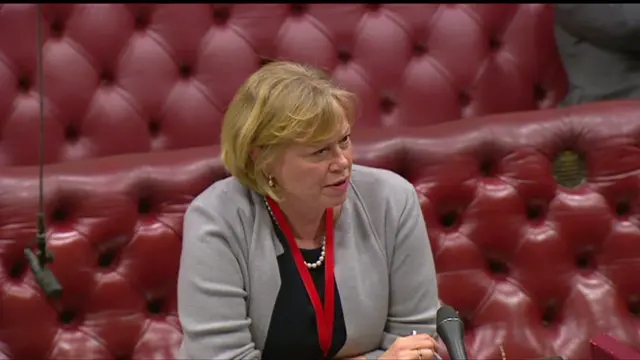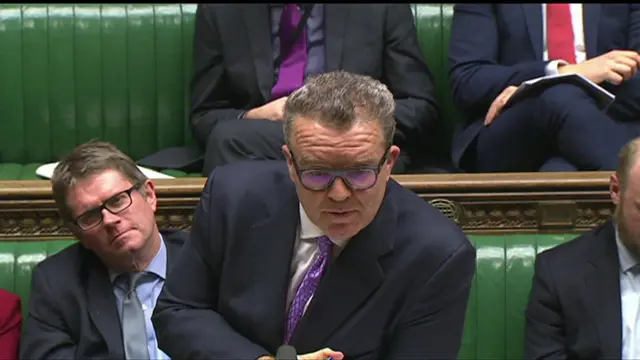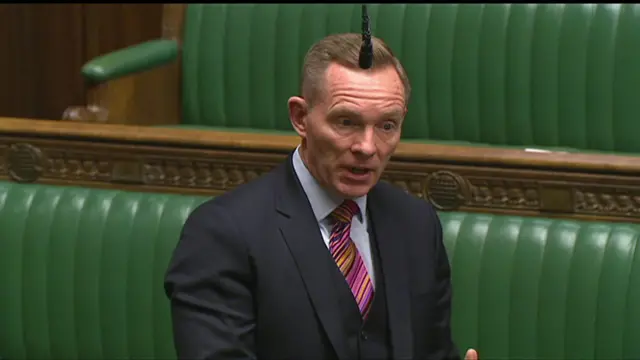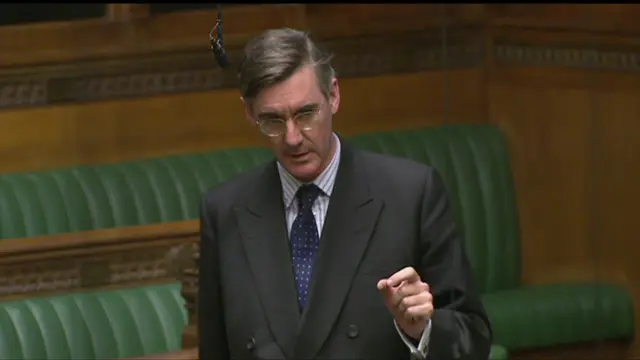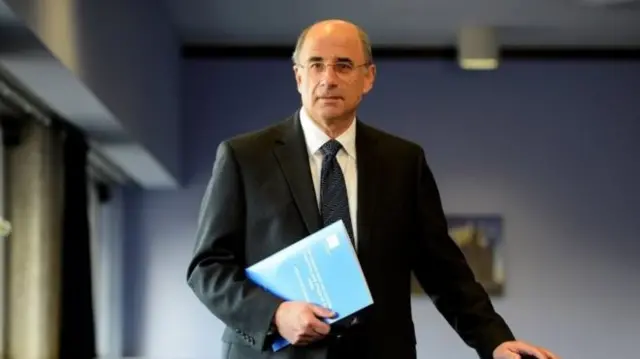Former judge rejects need for EU children's rights measurespublished at 21:39 GMT 5 March 2018
EU Withdrawal Bill
 House of Lords
House of Lords
Parliament
Crossbencher and former Supreme Court Justice Lord Brown of Eaton-under-Heywood speaks against the amendment seeking to protect children's rights, as outlined in the EU Charter of Fundamental Rights.
He argues that, for children in the UK, "the right to be heard is not a contentious right".
"I don't want to rain on anybody's parade," he goes on to say, but "if [children are] being ignored now, when the Charter is available, what is to be lost?"

